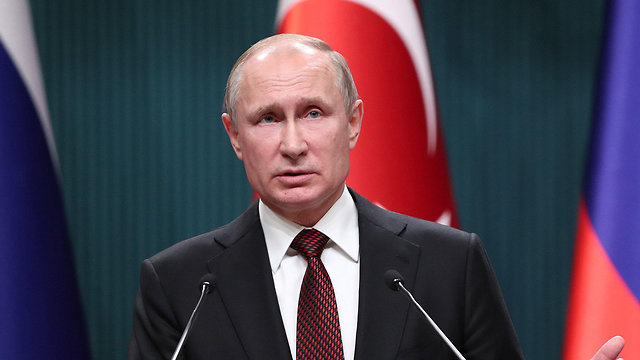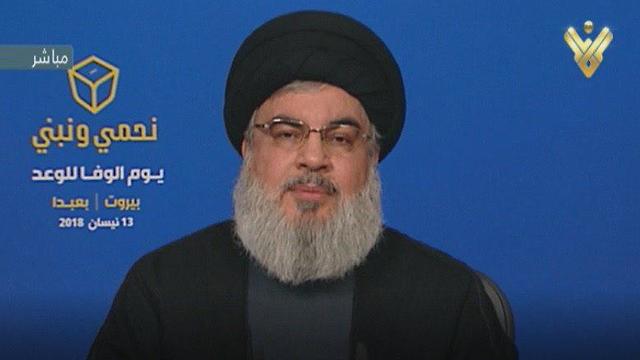
Steinitz: 'If Assad continues allowing Iran to operate out of Syria, it will be his end'
As tensions mount regarding expected Iranian retaliatory attack, Energy Minister, Cabinet member Steinitz issues direct threat against Syrian ruler, says his regime will be toppled if he continues on his current path; 'Assad should realize his actions will bear a price,' he warns.
On the readiness of Israel's home front for a possible war in the north such an approach might lead to, Steinitz said there was "no absolute readiness."
It was reported Sunday that Iran may soon execute the retaliatory attack that it vowed to carry out in the wake of the airstrike on the T-4 Airbase near Homs, which has been attributed to Israel.

Since Hezbollah is expected to be involved in firing a missile barrage at a military base on Israeli territory, commander of the Islamic Revolutionary Guard Corps (IRGC)'s elite Quds Force Qasem Soleimani was reported to have decided to postpone the attack to immediately after the Lebanese elections in order to catch Israel unawares.
Soleimani and other IRGC officials have seemingly reached a conclusion—most likely with the assent of Iranian Supreme Leader Ayatollah Ali Khamenei—that US President Donald Trump had already made up his mind to suspend the 2015 nuclear deal, and that was therefore no point in waiting for May 12, when Trump is set to make his decision public.
In his Ynet interview, Steinitz also spoke about the years' long civil war still raging in Syria, saying that Israel had thus far refrained from intervening in the internal conflict.
"If Assad allows Iran to turn Syria into a forward operating base against us," he clarified, "to attack us from Syrian soil, he should know that will spell his end."

The energy minister was then reminded of Prime Minister Benjamin Netanyahu's impending visit to Moscow Wednesday, where he will meet President Vladimir Putin, who will most likely be less than enthused with such statements.
"It's excellent that the premier is going," Steinitz countered. "He has engendered unprecedented dialogue with Putin. Russia is an important superpower with which we have a lot of mutual interests."
"Sometimes there are also conflicts of interest," he continued, "but usually our interests converge. Everyone should understand, however, that certain things are red lines for us. If anyone is interested in maintaining Assad's survival, they should tell him to prevent missile and drone attacks on Israel."
Asked if that meant Israel might assassinate Assad, Steinitz said, "He will have his blood on his head," referencing a biblical verse saying someone was responsible for their own calamity.
He also appeared to suggest that his remarks did not reflect Israeli government policy, saying, "I’m not talking about any concrete proposal."
Nevertheless asked how Israel could go about bringing an end to Assad, the Cabinet member explained that a similar dilemma existed regarding Lebanon in the past. "We deliberated whether the fact that Hezbollah was attacking us from Lebanon meant that we would only retaliate against Hezbollah or also strike at Lebanon."

"Assad can permit them to attack Israel from Syria soil, or not. He can permit them to bring in missiles, antiaircraft systems and drones into Syria, or not, and if he does—he should know there is a price tag," the minister concluded.
Prime Minister Netanyahu commented on the Iranian threat at the beginning of Sunday's coalition meeting, saying, "We are determined to block Iran’s aggression against us, even if this means a (military) conflict. Better now than later. We do not want escalation but we are ready for any scenario."
The premier also asserted that Israel maintained "full freedom of action to defend itself."
In recent months, the Iranian Revolutionary Guards have "transferred advanced weaponry to Syria in order to attack us both on the battlefield and on the home front, including weaponized UAVs, ground-to-ground missiles and Iranian anti-aircraft batteries that would threaten air force jets," the prime minister added.










